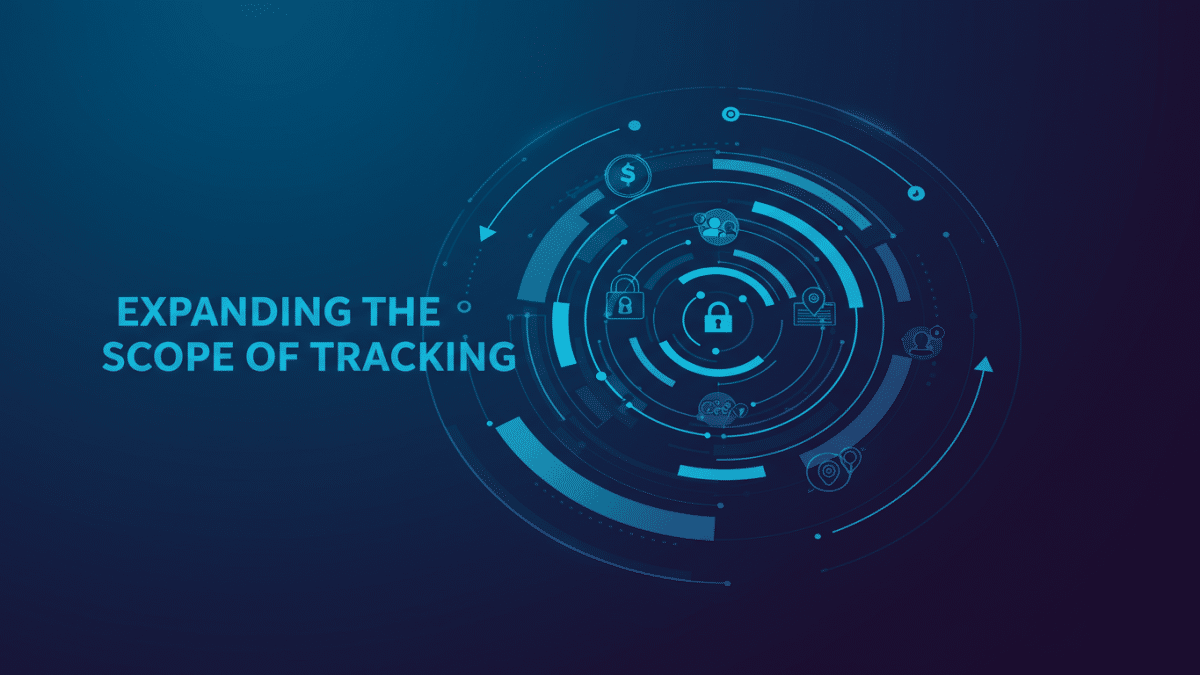
The AI Hype Frenzy: Are We Fueling the Next Generation of Cyberattacks?
February 19, 2025
Beware the Free Game: Malware Discovered in Steam Release
February 21, 2025The digital landscape is constantly evolving, and with it, the ways our online activity is tracked and utilized. Recently, news broke about Google expanding its tracking capabilities beyond the Chrome browser, raising significant privacy and cybersecurity concerns. This blog post will delve into the details of this change, its potential impact, and what you can do to protect your digital footprint.
Expanding the Scope of Tracking:
Google’s move signifies a shift from browser-specific tracking to a more comprehensive, device-agnostic approach. While Chrome has long been a source of user data for targeted advertising, this expansion aims to connect the dots across all devices you use, including smartphones (Android and iOS), tablets, smart TVs, gaming consoles, and even potentially smart home devices. Essentially, Google is building a more holistic profile of your online behavior, regardless of the platform you’re using.
This expansion is facilitated by several factors:
- Cross-Device Identification: Google utilizes various methods to link your devices, including your Google account login, shared Wi-Fi networks, and device-specific identifiers. This allows them to connect your activity on your phone with your activity on your smart TV, even if you’re using different apps or browsers.
- Federated Learning of Cohorts (FLoC) and its successor, Topics API: While FLoC has been phased out, the underlying principle of grouping users into shared interest-based cohorts remains. The Topics API, its replacement, still allows for interest-based advertising but aims to do so in a more privacy-preserving way. However, the sheer volume of data collected across devices will likely provide a very granular picture of your interests.
- Android’s Central Role: Given the widespread adoption of Android, Google has a powerful tool for tracking user activity across apps and services, providing a rich dataset that can be linked with other device activity.
What This Entails:
This expanded tracking has several potential implications:
- Hyper-Personalized Advertising: Advertisers will gain access to a much richer understanding of your interests and habits, enabling them to deliver highly targeted ads across all your devices. While some may find this convenient, it also raises concerns about manipulation and the potential for echo chambers.
- Data Aggregation and Profiling: The vast amount of data collected can be aggregated to create detailed profiles of individuals, potentially revealing sensitive information about their personal lives, beliefs, and behaviors.
- Privacy Concerns: The sheer scale of data collection raises fundamental questions about privacy. Many users are uncomfortable with the idea of their every online move being tracked and analyzed, especially across multiple devices.
- Cybersecurity Risks: Aggregated data is a valuable target for hackers. A data breach could expose sensitive personal information, leading to identity theft, financial fraud, and other cybercrimes. The more data collected, the greater the potential risk.
Combating Expanded Tracking: Best Practices:
While completely avoiding tracking is difficult, you can take steps to minimize its impact:
- Review and Adjust Privacy Settings: Carefully review your Google account privacy settings and opt out of personalized advertising where possible. Explore the privacy settings on your Android and iOS devices as well.
- Use a Privacy-Focused Browser: Consider using browsers like Firefox or Brave, which prioritize user privacy and offer features like tracker blocking.
- Virtual Private Network (VPN): A VPN can mask your IP address and encrypt your internet traffic, making it harder for trackers to identify your location and online activity.
- Limit Ad Tracking: Enable “Limit Ad Tracking” on your iOS and Android devices to restrict the collection of advertising identifiers.
- Regularly Clear Browsing Data and Cookies: Clearing your browsing history and cookies can help reduce the amount of data collected about you.
- Consider Privacy-Focused Operating Systems: For more advanced users, operating systems like Linux-based Tails or Qubes offer enhanced privacy and security features.
- Be Mindful of App Permissions: Pay close attention to the permissions you grant to apps, as some may request access to data that could be used for tracking.
Krypto IT: Your Partner in Cybersecurity
The expansion of tracking capabilities underscores the importance of proactive cybersecurity measures. At Krypto IT, we understand the evolving threats to your privacy and are dedicated to providing comprehensive solutions to protect your digital life.
Concerned about the implications of expanded tracking? Contact us today for a free consultation. Our team of experts can help you assess your current security posture and implement strategies to safeguard your privacy and data. We can help you navigate the complexities of online tracking and empower you to take control of your digital footprint.
#Cybersecurity #Privacy #DataProtection #GoogleTracking #OnlineSafety #DigitalPrivacy #KryptoIT #TechNews #DataSecurity #InfoSec #CyberAware #PrivacyMatters #VPN #AdBlocking #SecurityTips




